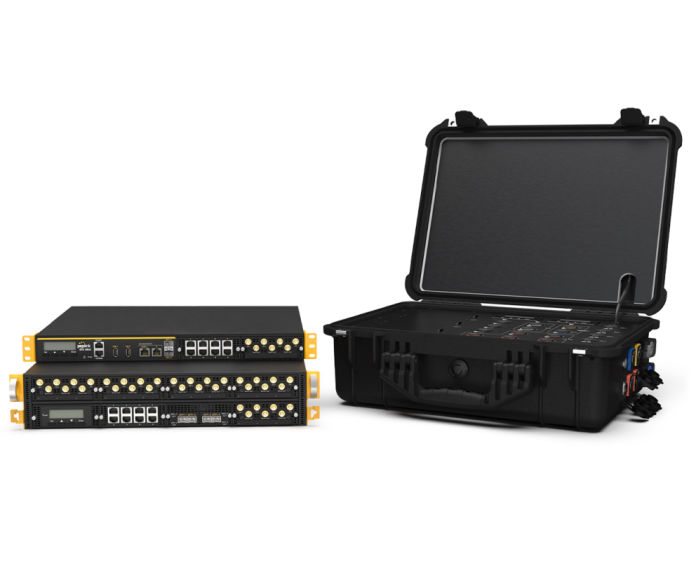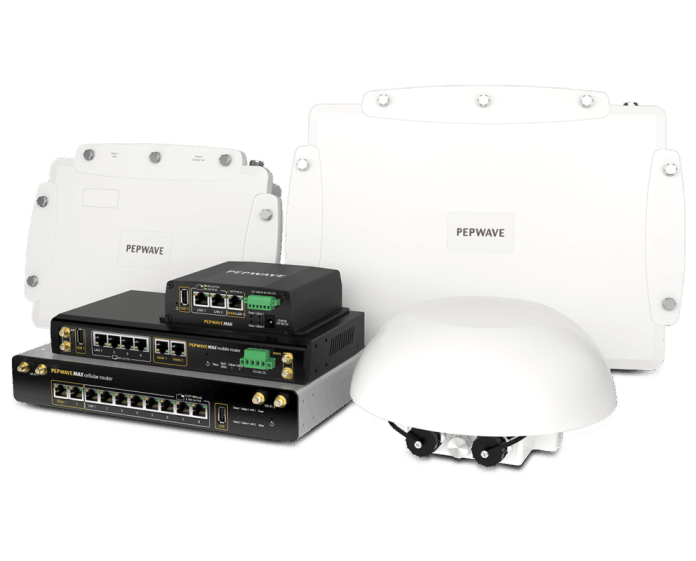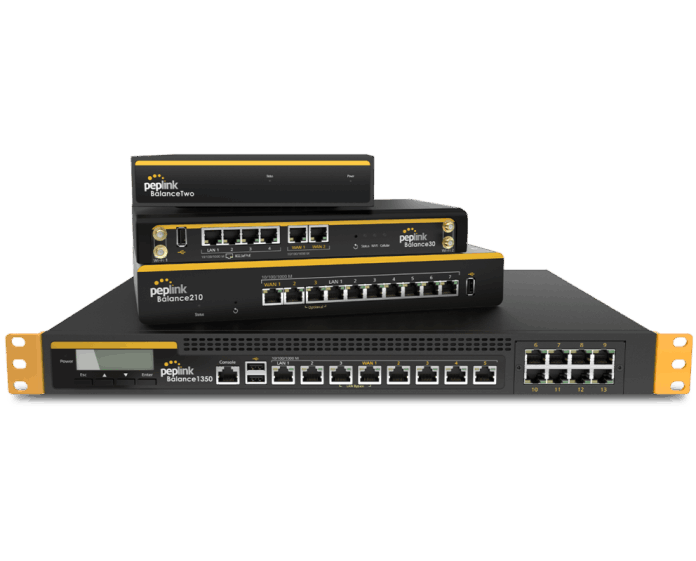
SD-WAN is WAN Virtualization
In the same way server virtualization abstracts the underlying physical hardware from the logical virtual servers that run on it, WAN virtualization is where a logical WAN connection (to either the Internet or between branch offices) can use multiple underlying connectivity technologies (like xDSL, MPLS, cellular and fiber) at the same time but presents this connectivity to users and applications as a single direct to Internet or secure site to site connection.
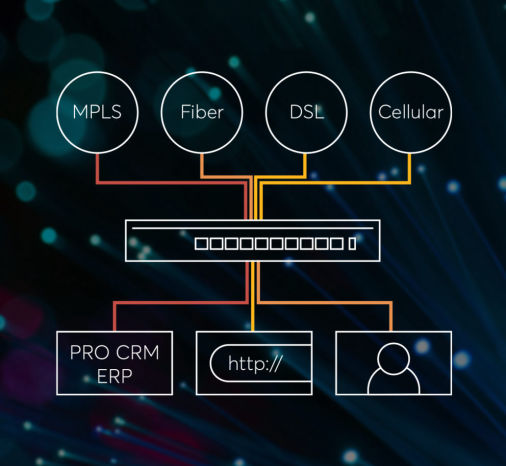
SD-WAN is Intelligent
SD-WAN enabled networks are capable of monitoring WAN health and quality, then using these measurements to make intelligent decisions on application traffic flow.
Once configured, all traffic is managed automatically by the software-defined rules set on the device – no human interaction is required.

SD-WAN is Centrally Managed and Monitored
Branch offices can be provisioned, monitored, and managed centrally using an SD-WAN controller that gives network administrators full control over their wide area networks and remote devices using a single interface.
Complex VPN configurations connecting thousands of branch offices together securely (using whatever connectivity is available at each location) can be created and deployed automatically, with centralized WAN monitoring and notifications providing a real-time view of WAN health and globally branch office availability.
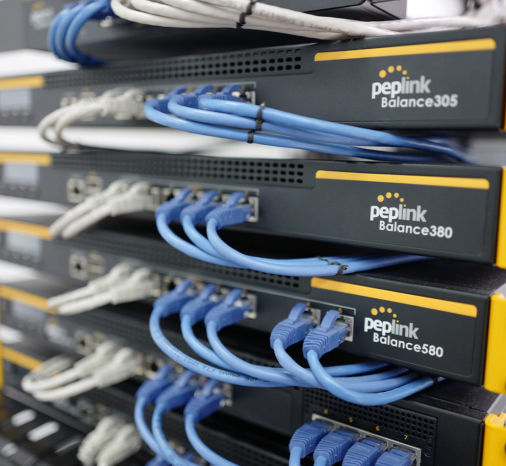
SD-WAN is Secure VPN
By using encrypted VPN, branch offices gain secure, local network access to cloud resources. SD-WAN makes these branch office VPN faster and more affordable by combining the bandwidth of multiple connections into a single logical WAN connection.
Besides, SD-WAN provides the ability to offload public Internet traffic at the network edge, reducing traffic sent through the VPN.


